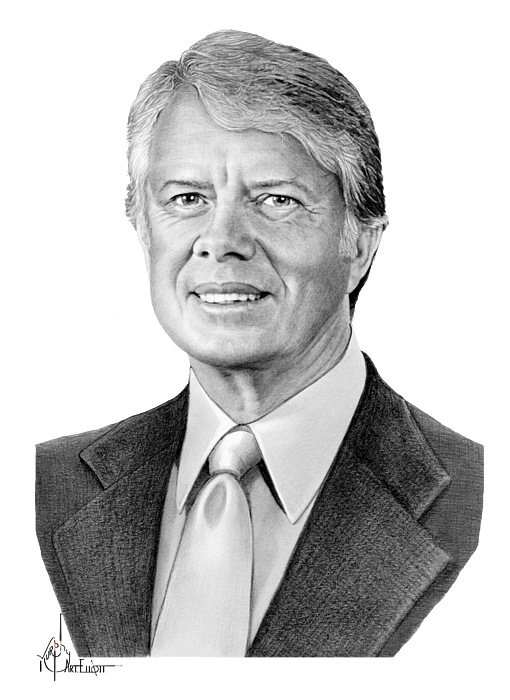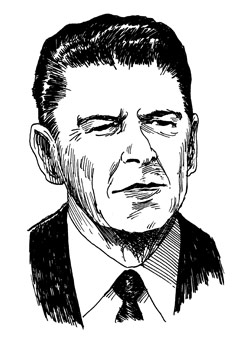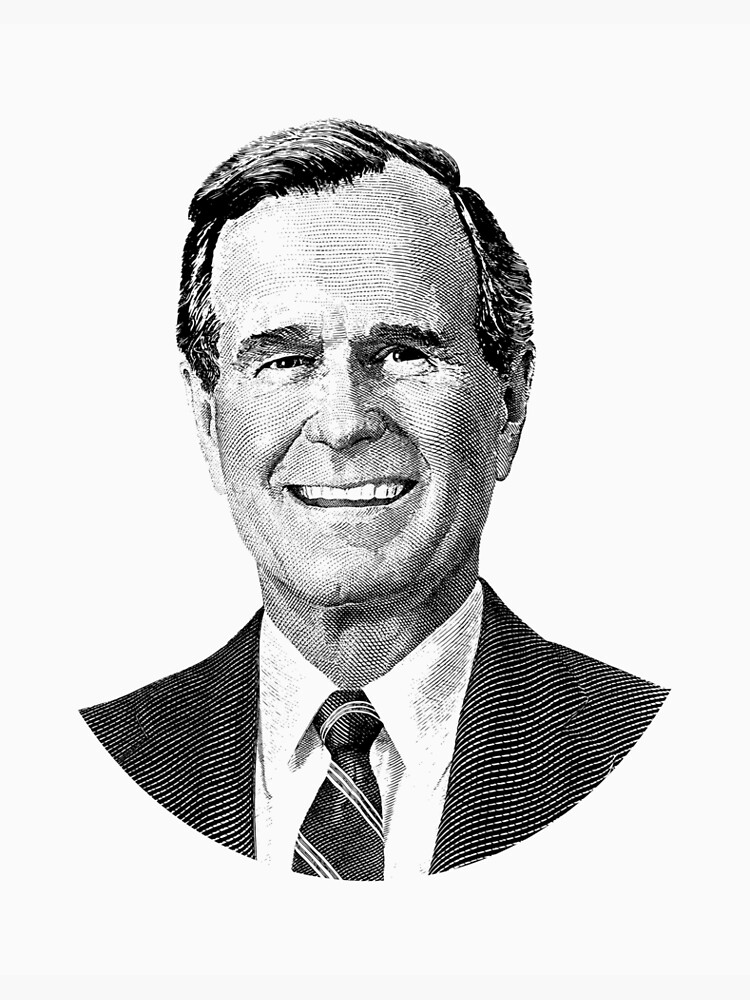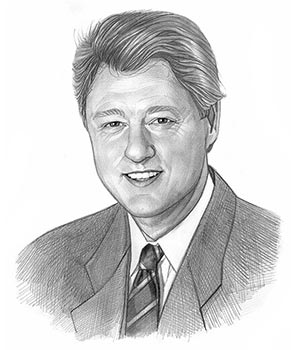- Home
- Social Studies
- Bicentennial
USA Bicentennial
1976 - Bicentennial year
In 1976, the year of the USA Bicentennial, the country was ready to look forward to a new era of optimism. The country wanted to put the problems of Watergate behind. The movie Star Wars opened; the movie Rocky was voted an Academy Award for Best Picture. The newly elected President, Jimmy Carter, promised to rid the government of corruption. Carter also started the nation thinking about alternative energy sources such as solar or nuclear power (as oil prices rose). Carter also orchestrated a peace accord between traditional enemies Israel and Egypt.
Iran Crisis
 |
Then, suddenly, the USA seemed powerless to resolve a new crisis in the Middle East as, in 1979, hostages were taken in Iran. Carter was blamed for a pessimistic mood that came over the country. He lost in 1980 to his rival candidate for the Presidency, Ronald Reagan, who promised a stronger military and lower taxes. |
 |
Wall Street growth
Many of the 225 million Americans believed that the road to the good life was just ahead. For most of the 1980s Wall Street was booming in spite of high inflation … until “Black Monday,” October 19, 1987. The stock market took a nosedive, sending fear through many corporations, and provoked a closer look at the country’s financial affairs in general. Nevertheless, Ronald Reagan completed two terms – as the 1980s came to a close, his Vice President George Bush was elected President.
 |
New Technologies
Entering the postindustrial era, the job market was changing - traditional factory jobs were diminishing in number. Working factory jobs had been satisfactory for supporting a family, but not so in the 1990s. Even though many Americans was experiencing prosperity, those who relied on factory jobs were left out. New technologies flourished; computers started appearing in workplaces and in homes. Computers appeared where they hadn’t been seen before – in medicine, in video games, movies, and banking.
Supermoms

Women also came into view in more workplaces while they continued to manage their homes and families; they were known as “supermoms.”
Cold War ends
The
1990s was a decade of great change, domestically and
abroad. On the world stage, the Berlin Wall had already fallen and
the Soviet Union officially decentralized in 1991 - the Cold War
ended. Domestically, drugs, violence and homelessness were key
issues. As Americans began looking inward at domestic problems; they
elected Bill Clinton to the White House. Americans also looked
outward at the environment and the future of the fragile planet
Earth.
 |
Bicentennial Questions ~
- In what city was the Declaration of Independence signed?
- What was the main purpose of the Declaration of Independence?
- Who did the authors intend their audience to be?
- Was issuing the Declaration the first time the colonists relayed their grievances to the British King and Parliament? Explain the reasoning for your answer.
Okay, so now I've put on some ads from Amazon - from which I may earn a few cents. (2025)






